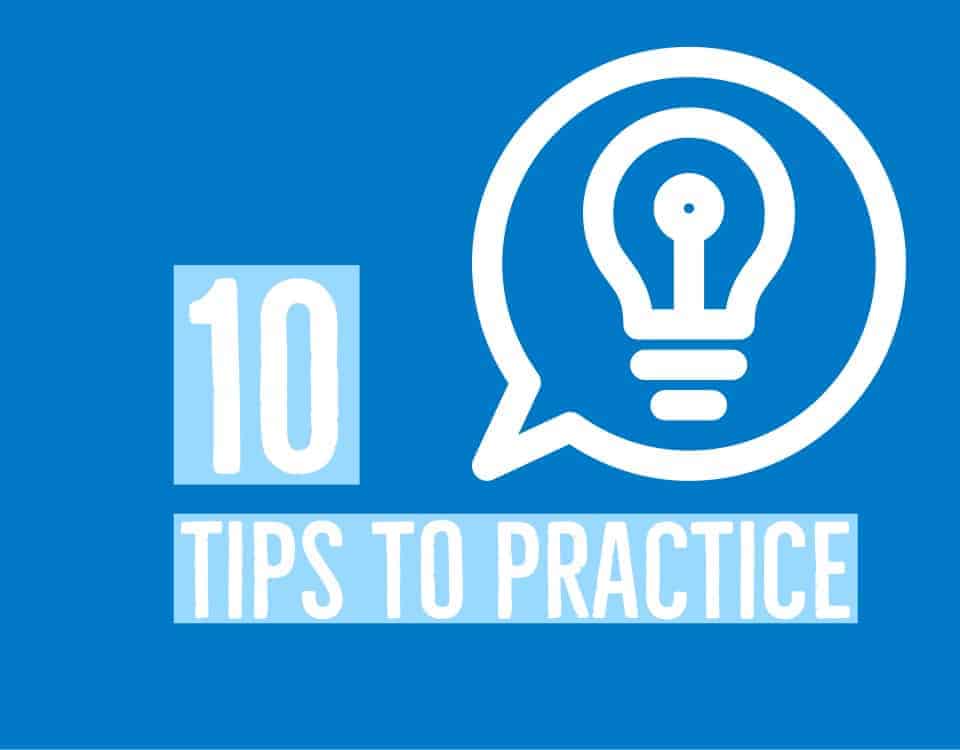Tip #6 – Teach yourself out loud, and talk to yourself like a small child
Your brain processes information differently when you speak to yourself out loud. It also forces you to slow down with your instructions. As a bonus, speak simply to yourself in a kind and supportive way, like you would a younger nephew or niece. It will help your progress tremendously.
Tip #7 – The Critic and The Actor
Remember, at all times, you are two people. An actor, playing the part as you play, and a critic, who’s job it is to analyze, adjust, and improve. The Critic should only be allowed to speak and think when the instrument is down. When the instrument is up, let the Actor do their work, and silence the Critic.
Tip #8 – Art made physical is art respected
A painter suffers steps forward and backward throughout the process, just as musicians do, but at the end, they have a physical piece of art to dispel the gaslighting of self-worth. Use a nice practice journal – write in it carefully, and work to make it art. It will be physical proof of your accomplishments when you doubt.
Tip #9 – The weekly and monthly video
Make a short one-take video of you playing something each week at the same time. Do the same (a bit longer) each month. You’ll be very thankful to have records to go back to as proof of your long term improvement.
Tip #10 – S.A.S
When you’re practicing, remember to implament the „Synthesis-Analysis-Synthesis“ process. Play something, take it apart into smaller bits and practice them. Then put them together. This can guide you through nearly any problem.
Wer schreibt hier eigentlich..?
Patrick Hinsberger studierte Jazz Trompete bei Matthieu Michel und Bert Joris und schloss sein Studium im Sommer 2020 an der Hochschule der Künste in Bern (Schweiz) ab.
Seit seiner Bachelor-Arbeit beschäftigt er sich intensiv mit dem Thema musikalisches Üben und hostet seit 2021 den Interview-Podcast "Wie übt eigentlich..?"

